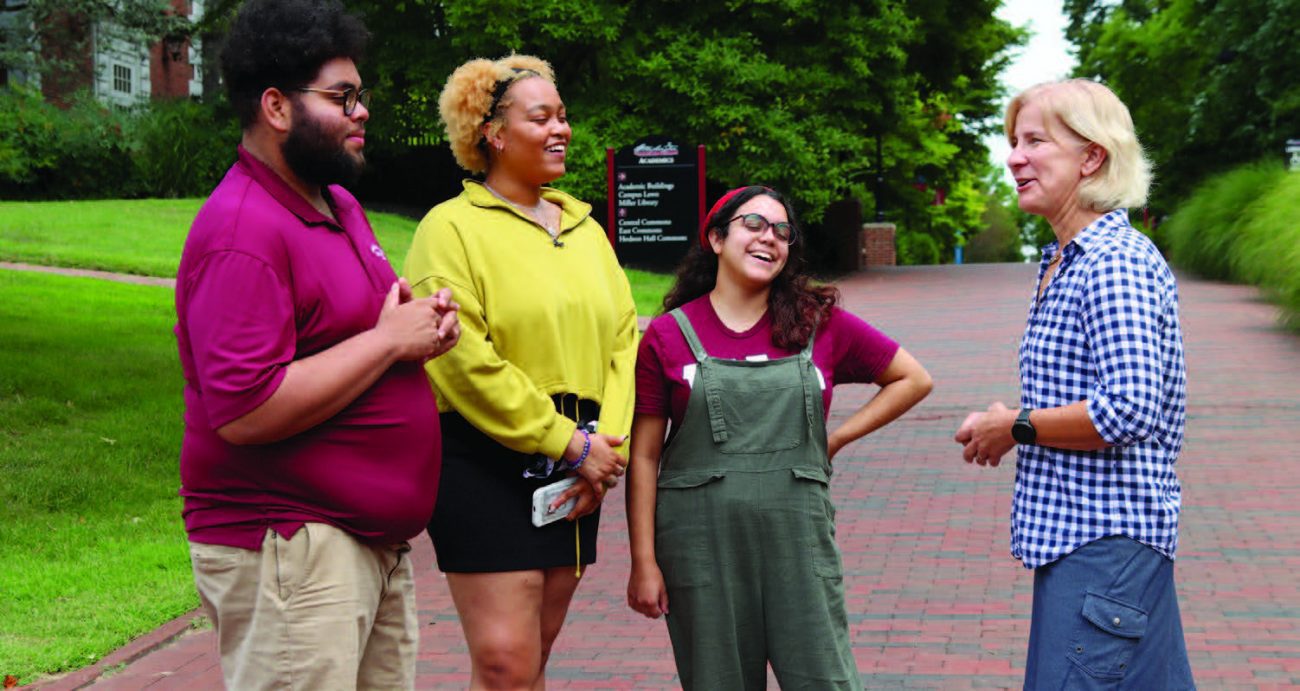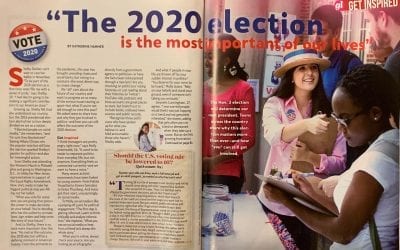Alumni in Medicine: Shouli Tung, M.D. ’12
 • Resident Physician, New York Presbyterian Hospital
• Resident Physician, New York Presbyterian Hospital
• M.D. Cooper Medical School of Rowan University
• B.S. in Biology/Biological Sciences, Ursinus College
Describe your responsibilities and day-to-day work.
As a pediatrics resident physician, I spend each month on a different rotation. Currently, I am working in the pediatrics intensive care unit where we take care of some of our sickest patients. We generally do about 5-6 shifts/week that consist of 12-13 hour shifts, and sometimes will do 24-hour shifts once or twice a month. When we are working day shifts, we start the day at 6:30 a.m. with “sign out” by receiving information on our patients from the night team. Then we go through their electronic charts to review their data including medications, vital signs, etc., and then we check on all of our patients. We then round together as a team with the attending physician, nurses, other residents, or medical students on the team, which typically means we go into each patient’s room, discuss how they’re doing, what changes we need to make to their care plan, and elicit any other concerns/information from the nurses and the family. The afternoon is then spent doing various tasks including ordering medications, calling pharmacies, calling different departments, speaking to specialty physicians who are being consulted, speaking with the families, re-evaluating our patients, writing our notes, admitting new patients, and more. As the resident, we’re usually the first person that is contacted if there is an issue or concern with our patient and the one who writes all the notes and orders.
What is the most rewarding part of your work?
The most rewarding part is definitely getting to interact with the kids, and seeing the kids when they perk up and feel better! It’s also really enjoyable to work with whole families. I often see the struggle of parents and family members, and being able to be there for them when they are going through some difficult times, and giving them answers and solutions to some very hard problems is also very rewarding.
How did your passion for medicine/health care begin and were there any specific experiences that had an impact on you?
My passion for healthcare started very young since my dad is also a physician and my parents work together at their office. I grew up pretty much only knowing the life of medicine, so it felt like a well-paved path. Seeing their joy in caring for children and how much they were able to help their community inspired me to also want to do the same. However, there were multiple times I questioned whether it was really the right decision for me. I ended up spending a few months living in a rural area of Thailand after college and saw how much of an impact someone with medical knowledge could have on impoverished communities. During medical school, I also spent time learning about healthcare disparities since my school was in one of the lowest socioeconomic status areas, and realized the many opportunities that come with being a physician in both influencing patients at a personal level, but also in influencing communities and larger scale health policies to make a real difference.
How has your Moorestown Friends education served you in your career and life?
I distinctly remember two things from my Moorestown Friends education that really directed me in my love for science and physiology. The first was joining the Deborah Heart Challenge competition team – it was the first time I had to study and learn various parts of the body and how it worked, and how it related to disease. Even though I had to wake up early to attend those sessions, I actually found myself actually wanting to study for it. It was fast-paced, exciting, and really interesting to learn about. The second was one of the teachers, Barbara Kreider. She took the time to really help students understand chemistry, and because of that, I was able to enjoy and have a real understanding of what I was learning. The way she taught us actually gave me the confidence to believe that I could be a science major in college and really succeed at it.
Alumni News
MFS Student and Alumnus Featured as South Jersey Magazine’s 2020 Super Women
South Jersey Magazine’s October edition featured 12 women who have made a lasting impact on their communities. Two of the 12 are members of the MFS community - senior Rebecca Benjamin and alumnus Cynthia Vance-Harris Hall ’97. Rebecca is the founder of Rebecca’s...
MFS Alumni Featured in Girls Life Magazine
An article by MFS alumnus Katherine Sowa Hammer ’12 titled “The 2020 election is the most important one of our lives” appears in the October/November issue of Girls Life magazine. The article featured fellow alumnus Shelby Deibler ‘20 who spoke on the importance of...
Ashley Edwards ’08 Receives a $100,000 Grant from Google
Ashley Edwards '08 recently received a $100,000 grant from Google's Black Founders Fund for her startup, MindRight Health. MindRight Health is a tech startup, founded last year, that provides culturally-responsive and trauma-informed mental health coaching to young...




